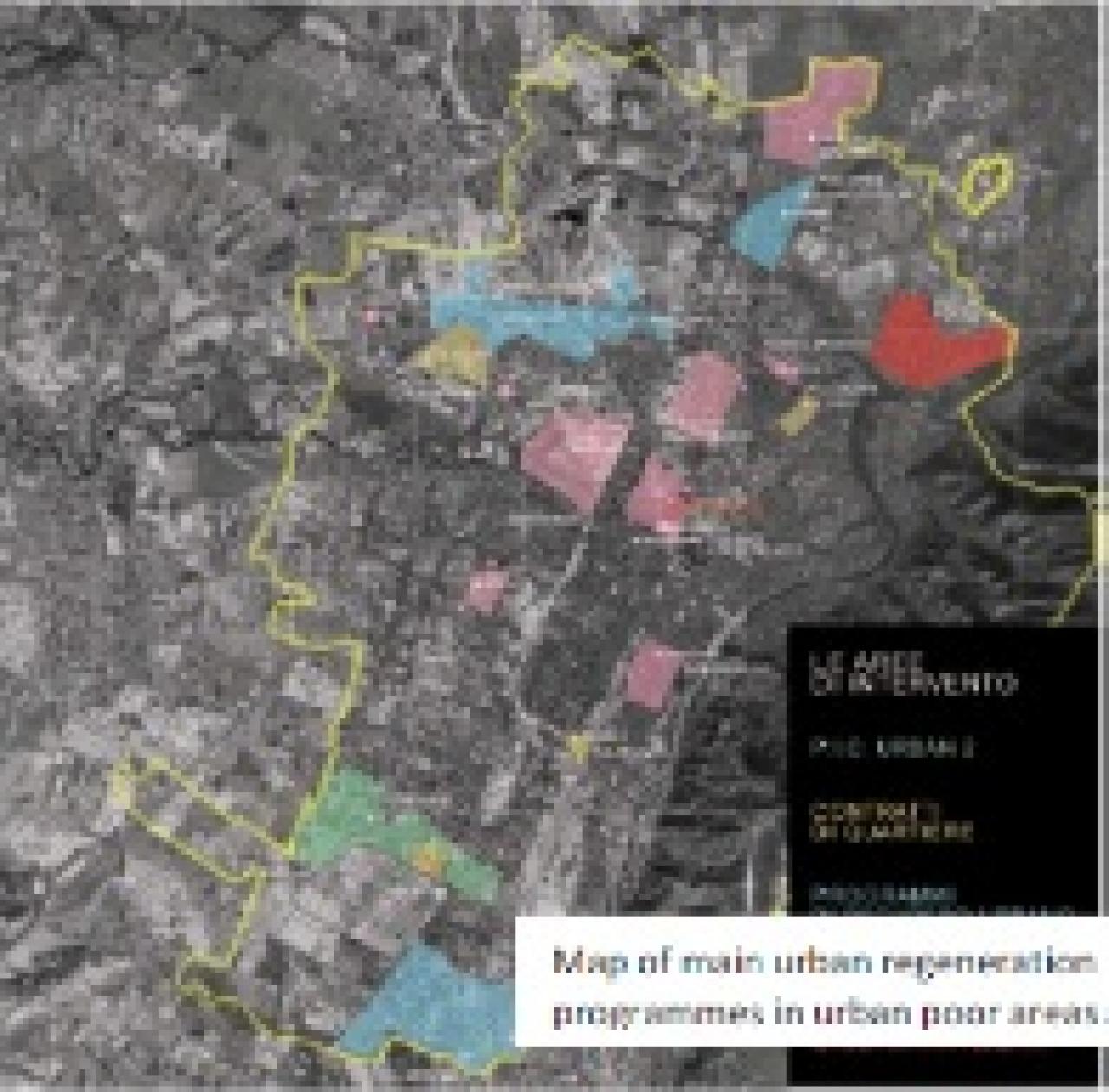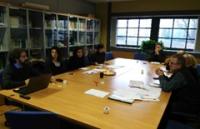
by Valeria Vacchiano, Tiziana Eliantonio, Fabrizio Barbiero
The current situation in Turin is featured by an increasing trend of economic and social suffering, which could cause effects of social exclusion and poverty of a part of the population. Within the City there are several types of poverty (economic, housing problems, cultural, educational, relational…), which need a multidimensional approach.
As relevant for the URBinclusion project, Turin has recently approved the NOP-Metro Torino as part of a National programme supporting joint efforts and cooperation among 14 Italian Metropolitan Cities with the aim of improving urban services and social inclusion for the most fragile population. NOP-Metro is composed of more than 40 actions and some of them have been designed to develop new forms of local community development to face local social challenges in urban poor areas. The core activities composing NOP-Metro Torino - Axis 3 are oriented to: develop new social innovative services to face social local problems; support community welfare with the aim to create open/local communities of residents and local actors fostering active citizenship and giving efficient answers to local challenges; and activate generative processes of social innovation to meet social needs of the deprived areas to reduce social exclusion. 
In an urban context every subject, individually or collectively, could use its capacities to respond to social problems. Professional competencies, entrepreneurial abilities, capacity of building new relationships, creative abilities could be available to promote an active participation to the local community life.
Thus, the whole society can be seen as a laboratory where social hybrid forms, solutions and unexpected meanings are produced representing a fertile ground for social innovation. The solutions to specific problems also produce sociability (and therefore contribute to the reconstruction of the social fabric) and new qualities (and then participate in the production of new value systems). In short, they can be considered as experiments with new ways of doing and thinking: working prototypes of a sustainable way of life (Manzini 2015).
In this framework, the city of Turin main challenge within URBinclusion project is to tackle forms of new urban poverty in peripheral areas where main problems are concentrated. The strategy is to put forward integrated initiatives based on widespread actions on the territory, stimulating the creation and the strengthening of welfare communities.
The City intends to foster the projects co-design by citizens and local actors to respond to social needs in a new and more effective way and to transform innovative ideas in services that produce social, cultural and occupational value on the long term.
The strategy enhance different issues of secondary welfare: from a concept of “conditional welfare”, with the risk to exclude the most vulnerable people, to a “generative welfare”, with an active role of citizens and the identification of new targets.
Furthermore, the City operates to design innovative legislative tools to foster the local actors to create new social models and new community projects with a high social impact.
These integrated interventions include many different actions: support of innovative social services, housing, commerce and job, school and culture, community empowerment and citizens’ participation.
In the next related article, we will present different actions and projects that are ongoing in Turin.
